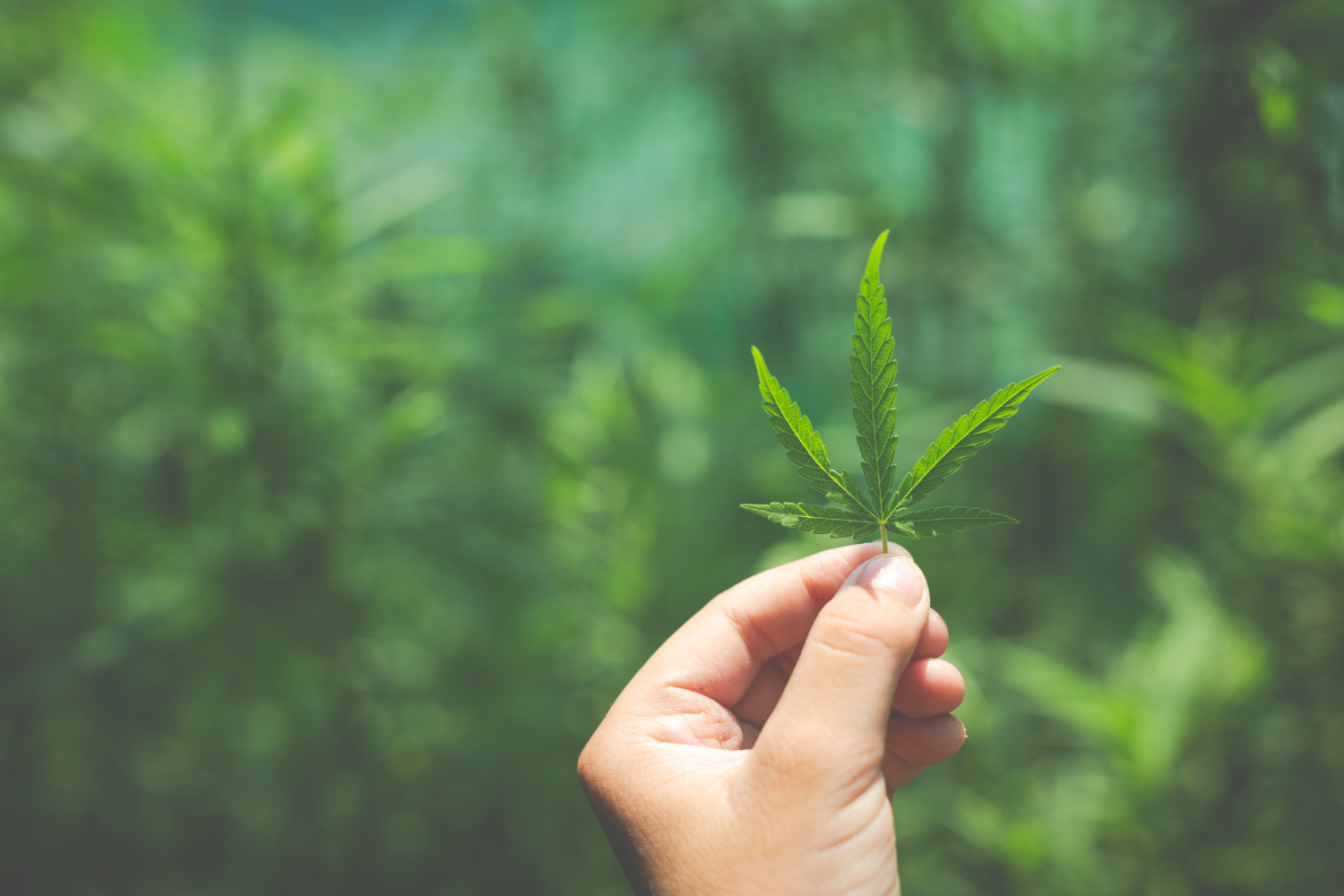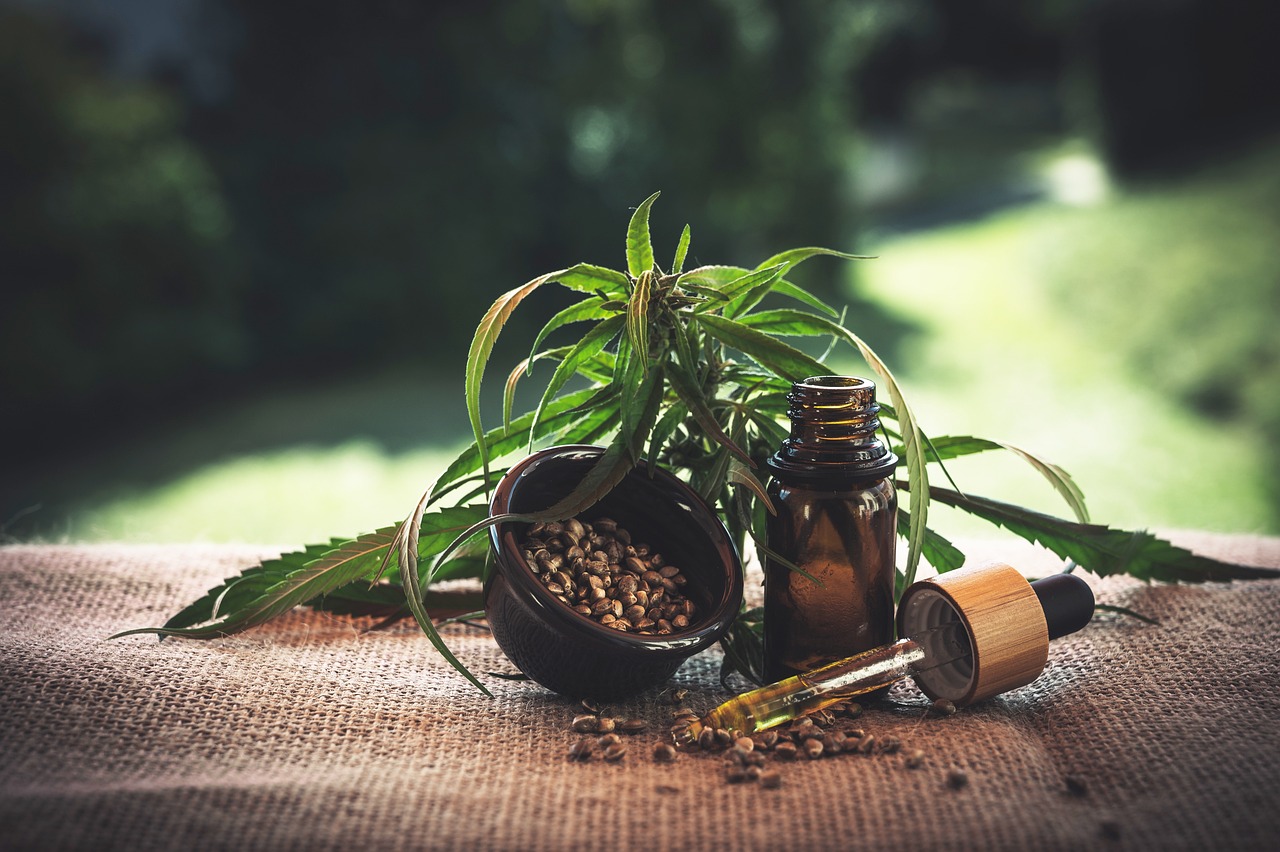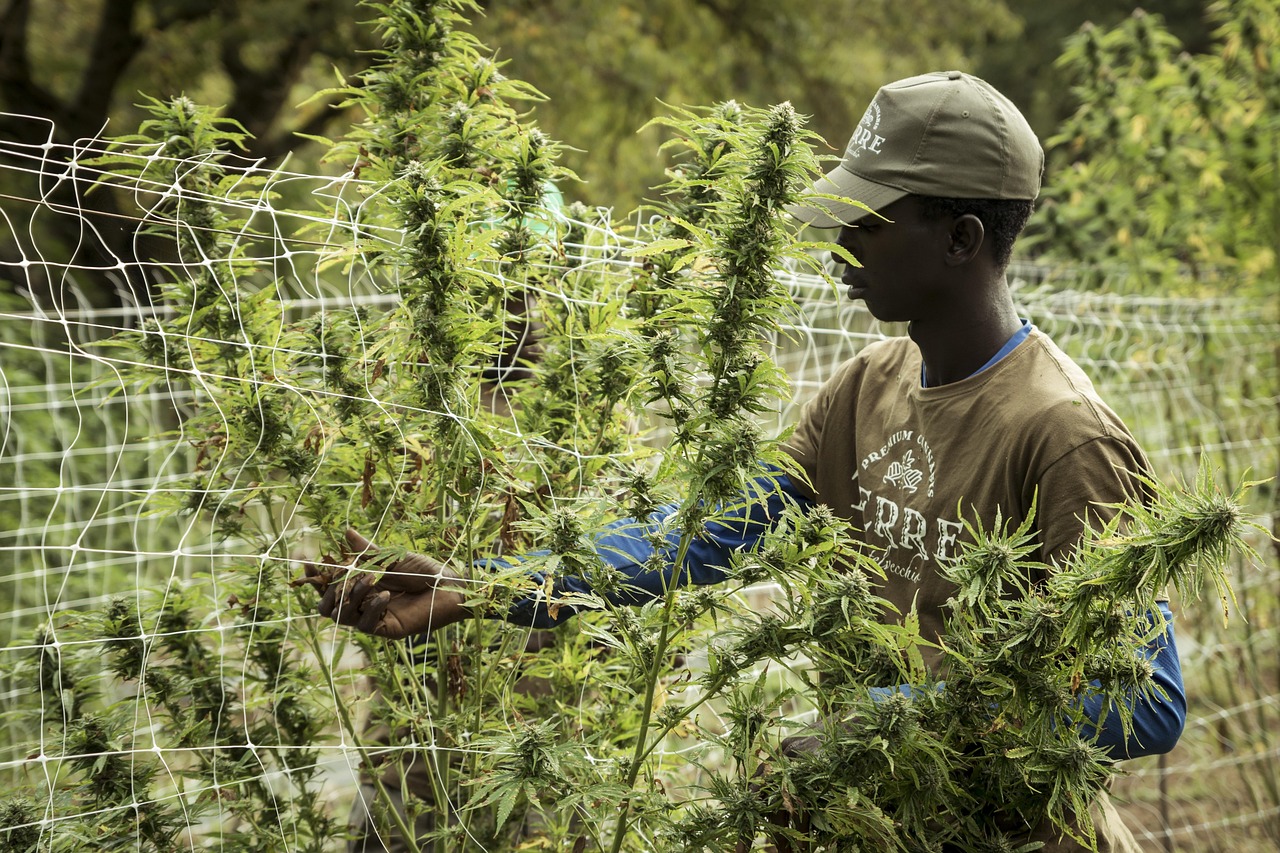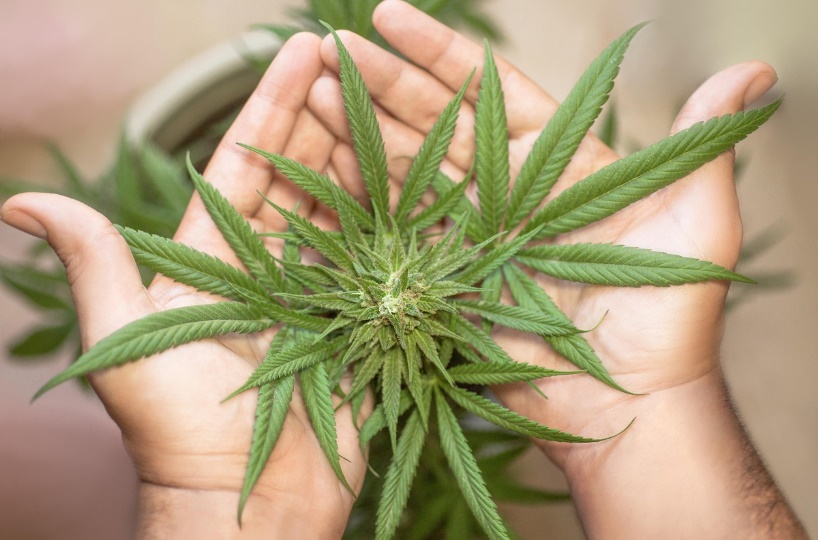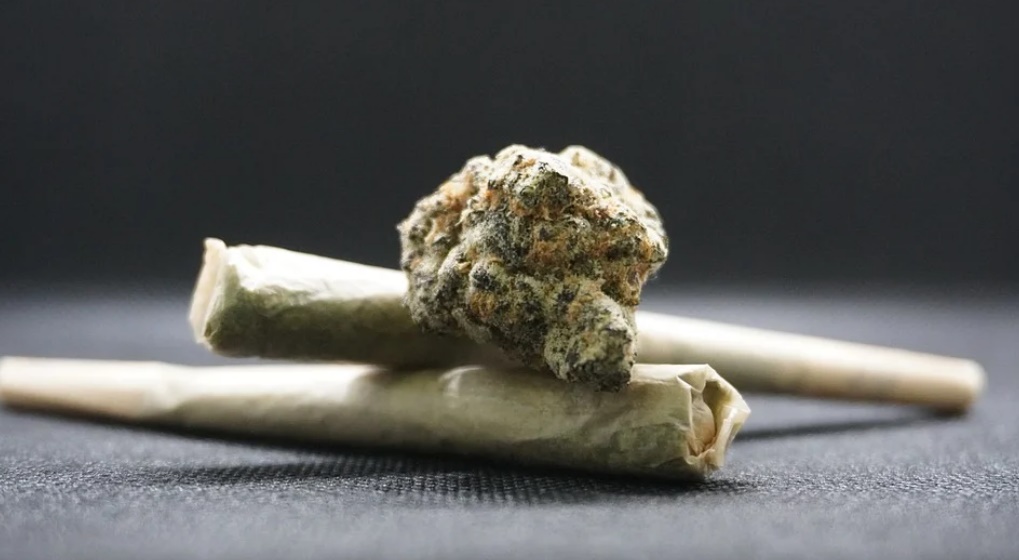
Today, marijuana is mostly legal in Colombia. Keyword being mostly. While it is legal to cultivate, use, and have cannabis in your possession in the country, there are still certain restrictions that users need to be aware of. These include limitations on the amount of marijuana individuals can carry, restrictions on public consumption, and specific regulations governing the sale and distribution of cannabis products within the country. It is also important to note that the enforcement of marijuana laws within the country would often vary by state. So while the question “Is marijuana legal in Colombia” may be pretty easy to answer—yes, it is (for the most part)—there’s more to the conversation than a simple answer can give.
The past few decades have seen a significant change in global marijuana legislation. Where less than a century ago cannabis was considered illegal in almost every part of the world, this is no longer the case today. Nations all over the world have been amending their marijuana laws, loosening or altogether removing long-standing laws against the cultivation, consumption, and possession of cannabis. Colombia is one of the many countries. In the past few decades, the country has gone from a country with strict laws against the use, possession, and cultivation of cannabis to one of the most progressive countries in the effort to decriminalize cannabis.
In this article, we will share with you all you need to know about Colombia’s stance of marijuana use and possession and how you might stay on the right side of the law while using Marijuana in the country.
So without wasting further ado, let’s get right to it.
Colombia’s Long History with Marijuana
Colombia has a long history with marijuana going as far back as the 1920s. Introduced to the region through the Atlantic port by Caribbean traders, Marijuana first took root among the marginalized classes living and working at the docks around these ports, particularly at Barranquilla. The plant quickly spread throughout the country, becoming a part of the local culture and commerce in just a few years. Not long after its introduction into the region, however, Colombia would see the first steps towards criminalizing the plant with laws prohibiting its cultivation as early as 1939.
In 1986, the National Narcotics Statute, or Estatuto Nacional de Estupefacientes (ENE) as it is known locally, or Law 30 of 1986 as it is also known, would formally classify the plant as an illegal substance and impose penalties on its possession, distribution, and cultivation. Under the same law, however, Clause J of Article 2 would determine that possessing quantities “not exceeding twenty (20) grams” would not be considered a criminal offense.
Colombia’s Marijuana Legalization Timeline
As far back as the 1980s, Colombia would begin taking the first steps toward decriminalizing marijuana within its borders. The first real progress would come in 1986 with Law 30 which, despite criminalizing cannabis, made the possession of 20 grams or less not a crime.
Following this, the pronouncement of the Constitutional Court Ruling C-221 in 1994 would further move the country down the path to decriminalizing cannabis. This court ruling would amend Law 30’s repressive stance on the possession and personal consumption of small doses of marijuana and other similar drugs on the grounds that penalizing individuals for possessing personal use drugs was a violation of the individual’s fundamental human right to personal autonomy. Ruling C-221 also decriminalized the self-cultivation of cannabis, making it legal for individuals to grow cannabis for their personal consumption if they so wished, setting the limit for personal cultivation at 20 plants.
Later in 2012, Ruling C-491 would further solidify Colombia’s stance on the decriminalization of personal use of marijuana, upholding the 1994 decision. This ruling would come about as a response to the proposed criminalization of the possession of small amounts of cannabis, and other illicit drugs, by then-president Alvaro Uribe. This ruling maintained that possessing small amounts of marijuana was not a crime punishable by law.
In 2016, medical marijuana would be made legal under Law 1787. This law would permit the import, distribution, and use of marijuana seeds (and products) for medicinal as well as scientific purposes within Colombia.
Finally, in 2021, it became legal to produce marijuana in the country for industrial purposes, allowing for the large-scale production of cannabis for medical, research, and export purposes.
Colombia’s Stance on Marijuana Today
As of the publication of this article in December 2024, marijuana remains fully legal in Colombia for medicinal and industrial purposes. The matter of adult use of cannabis, however, remains the subject of discussion. While the law does permit the possession of up to 20 grams of marijuana and allows for the self-cultivation of up to 20 plants, larger doses are still considered illegal.
The commercialization of marijuana is another matter of some concern in Colombia. While industrial marijuana is legal in the country for medical and research purposes, commercial production outside the provision for medical and research purposes remains illegal. As such, large-scale production, storage, and transportation of cannabis in the country remains criminalized outside medicinal and scientific settings.
Inconsistencies in the Interpretation of Colombia’s Marijuana Laws
It is important to note that, while Colombia’s marijuana laws are more clear-cut today than they were a few decades ago, there still remain gray areas around the enforcement of these laws, particularly in regard to recreational use. While the law permits individuals to possess up to 20 grams of marijuana for personal use, enforcement of the law would often vary depending on the part of the country in question. Moreover, it is not uncommon for officers to personally decide how to handle cases involving marijuana. This inconsistency in the enforcement of cannabis laws within the country is a result of various factors including regional differences in judicial practices and differences in how local law enforcement officers interpret the law.
There is also the issue of how vague the Colombian marijuana laws are. Although the law makes it clear that, for personal use, possessing more than 20 grams or owning more than 20 plants of marijuana is illegal, it doesn’t provide clear legal consequences. Typically, the consequences for breaking marijuana laws would usually involve confiscations, arrests, fines, or in some cases, jail term. Since the law doesn’t make provision as to what level of non-compliance warrants what response, disciplinary action is often left to the discretion of local law enforcement. This has led to many cases of arbitrary confiscations, fines, and arrests in the past.
Getting Marijuana in Colombia
It’s one thing for marijuana to be legal in a country, but it’s something else for it to be accessible. Thankfully, in Colombia’s case, marijuana is both legal and accessible.
Basically, there are two major ways to get your hands on marijuana in Colombia. You could;
- Get medical marijuana products
- Get marijuana seeds and plant them yourself at home
Of the two available options, getting your hands on medical marijuana is the much easier option. Medical marijuana has been legal in Colombia for almost a decade now, and unlike with recreational use marijuana, local law enforcement pretty much don’t have an issue with this type of marijuana.
The major setback you might have to getting your hands on this particular type of marijuana, however, is getting a prescription. Unlike in the US where getting medical marijuana doesn’t require a prescription, in Colombia, a prescription is pretty much a necessity. Without a prescription, you wouldn’t be able to legally get your hands on medical marijuana, so if you don’t have one, you’ll have to look for other options. Commercialization of cannabis still isn’t legal in Colombia (at least not as of the writing of this article in December 2024), so without a prescription, you’ll be hard pressed to find anyone willing to sell you cannabis.
The other legal alternative here is getting marijuana seeds. Since self-cultivation is legal in Colombia, you can always just buy marijuana seeds anywhere and plant them at home. As long as you stick to the legal limit of 20 plants or under, you shouldn’t have any problems with the law. Of course, this is a much slower process since it takes a few weeks, sometimes months, to grow cannabis.
Where to Get Medical Cannabis in Colombia
With medical cannabis being legal in the country, getting your hands on cannabis for medical purposes is a relatively simple affair. All you have to do is book an appointment with a Colombian Doctor who specializes in Medicinal Cannabis.
Once again, it is important to remember that prescription is required for medical cannabis in Colombia. Without a prescription, it’s no longer considered medical cannabis, and since commercialisation of cannabis for recreational use remains illegal in Colombia, trying to buy cannabis without a prescription could get you into some trouble with the law. This may lead to confiscation, a fine, or in extreme cases an arrest and jail time.
Entering the Colombian Marijuana Market
Although commercial of marijuana still remains illegal in Colombia, the country is home to a thriving industrial marijuana market, primarily driven by the legal cultivation of cannabis for medical and scientific purposes. Since industrial marijuana production became legal in the country in 2021, large-scale cultivation of marijuana became permissible by law, though under strict regulations. As of the moment of publishing this article, such large-scale production was limited to the production of cannabis for medical, research, or export purposes, though discussions about expanding the legal framework to include domestic sales and broader industrial applications are still ongoing.
Colombia’s thriving marijuana market is regulated by the National Direction of Psychotropics of Colombia, the Colombian Justice Ministry, and the Colombian Health Ministry. To become a legal supplier in the market, getting licences from these governing agencies is imperative. Getting a cannabis licence in Colombia would often require meeting several rigorous requirements set by Colombian regulatory agencies. This would typically include the payment of a significant processing fee and the submission of several essential documents.
Colombia offers three major types of cannabis licenses:
- Cannabis Manufacturing License
This license permits individuals and enterprises to purchase and convert raw cannabis into cannabis-based products, marijuana concentrates, or other by-products of the plant.
- Cannabis Seed License
This license permits individuals and enterprises to purchase, sell, store, and distribute marijuana seeds.
- Cannabis Cultivation License
This license permits individuals and enterprises to grow cannabis on a large scale for industrial purposes. This license could be for manufacturing either psychoactive or non-psychoactive marijuana.
Depending on the type of license you are looking to get, the requirements might vary. For more information, feel free to make an inquiry here.
Conclusion
Today, Colombia stands as one of the leading countries in the effort to decriminalize marijuana in the Caribbean and Latin America. Having implemented a series of progressive cannabis policies, the country has successfully legalized marijuana for medical, industrial, and recreational use purposes. It is also gradually making its way towards legalizing cannabis for commercial purposes.
That being said, despite the many progressive steps taken towards the decriminalization of the marijuana plant within the borders of the country, there are still significant legal and regulatory challenges that need to be addressed before marijuana can be considered fully legal in the country. Some of these include the ambiguous laws around recreational use, the inconsistent enforcement of the law across different regions, and the country’s limitations on commercialization. Once these issues can be fixed successfully, Colombia might just position itself as a global leader in the cannabis industry.
So, “is weed legal in Colombia?” Yes. But there are rules you need to know and follow!

